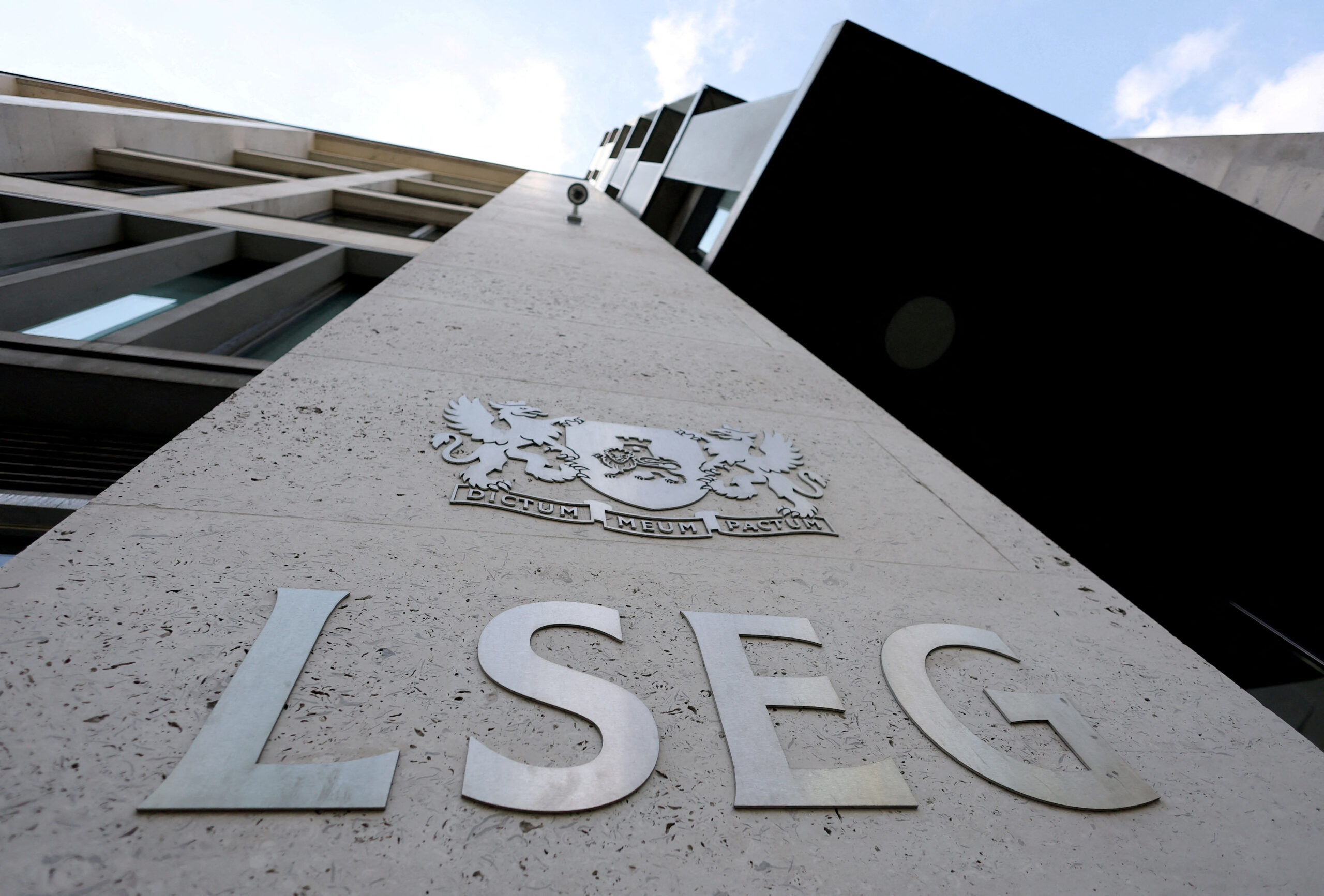$200 Million Margin Call by JPMorgan Underscores Debt Vulnerabilities of Africa
The recent $200 million margin call by JPMorgan on Angola’s $1 billion loan has refocused attention on Africa’s debt challenges.
As part of its efforts to recoup losses associated with a bond-backed financing agreement with the Angolan government, the bank has implemented this measure.
The margin call was initiated by a substantial decline in bond prices, which was further exacerbated by global economic uncertainty and market volatility.
Analysts caution that this could establish a precedent for other African nations that are grappling with comparable financial challenges.
The $1 billion financing was initially secured by Angola through a Total Return Swap (TRS) agreement, which was supported by newly issued government bonds.
Nevertheless, the market’s selloff has resulted in a decrease in the value of these bonds, which has prompted JPMorgan to act.
The situation, according to economists, emphasizes the inherent risks associated with non-traditional financing mechanisms.
One expert observed that when bond prices decrease, lenders may request additional collateral, which could exacerbate the strain on already fragile economies.
The finance ministry of Angola has expressed apprehension regarding the potential impact on its broader economic recovery efforts.
The government is currently investigating the possibility of restructuring the loan or negotiating more favorable repayment terms.
The incident has also prompted inquiries regarding the transparency of these financial arrangements. Critics contend that the true nature of a nation’s financial obligations can be obscured by intricate debt instruments such as TRS agreements.
At present, Angola is in discussions with JPMorgan to resolve the matter, as both parties are striving to prevent additional market disruptions. The result could have broader implications for African nations that are considering similar financing strategies.
news via inbox
Get the latest updates delivered straight to your inbox. Subscribe now!




